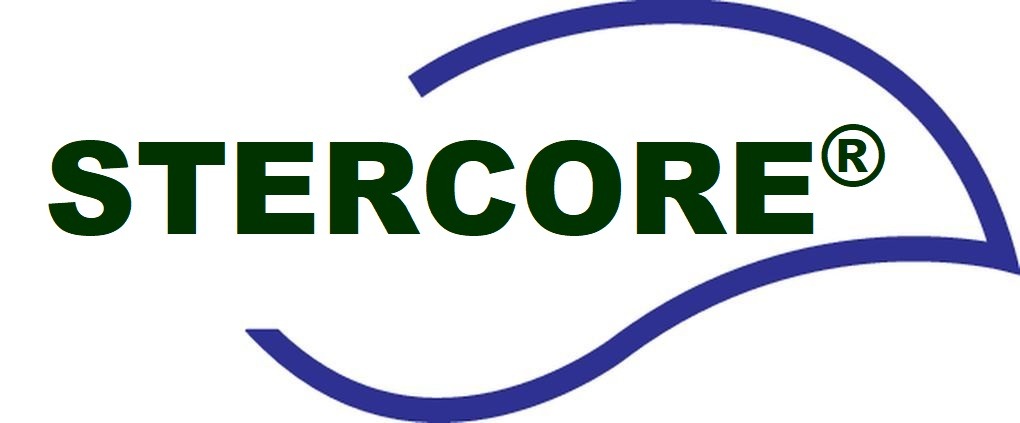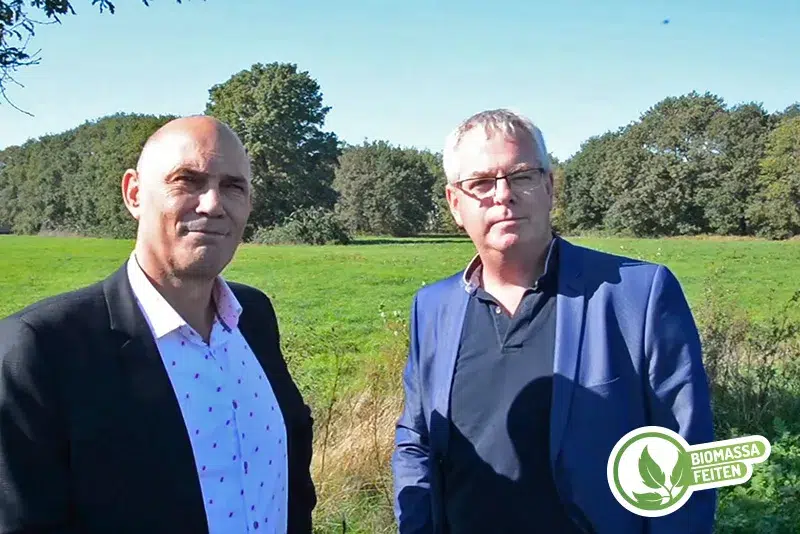In the Netherlands, many people work passionately with biomass as a raw material. They work on innovations, improve (production) processes or create policy for a fossil-free future. We have had a series of conversations with people who work at companies where bio raw materials are central. In this mini-series we highlight what drives them to work on the transition to a sustainable world. First a conversation with Hans Jansen from STERCORE.
“Nature shows what is possible and you should focus on that!” This statement perfectly reflects the vision of Hans Jansen, one of the driving forces behind STERCORE, in his search for a (artificial) fertilizer product that is beneficial for both plants and the planet. STERCORE, derived from the Latin word for manure, emphasizes Hans’ belief in harnessing the power of animal fertilizers for a greater good. As a seasoned expert in the world of fertilizers, he has closely studied the impact of current synthetic fertilizers on soil, water and plants. Convinced that there had to be a better way, Hans strongly believes that rethinking the value of animal manure is essential for soil recovery and healthier plants. This view is particularly relevant given the alarming rate at which we currently waste animal manure.
“Nature shows what is possible and you should focus on that!”
After years of exploring and innovating, Hans and his partner Richard Kusters have now unveiled a groundbreaking solution that, in addition to the high-quality, organic fertilizer and soil improver Bio-Based Carbon (=Biochar = carbon), also produces green gas and liquid CO2, without further waste flows. This versatile value creation enables STERCORE to develop a sustainable revenue model without emissions. Is this the “fertilizer factory” of the future? With the planned construction of a revolutionary factory next year, Hans’ motto remains unchanged: “Always think twice before you take action, during the action, and again afterwards!” Hans and Richard crossed paths in the world of fertilizers, where Richard’s technical expertise matched perfectly with Hans’ commercial insight. While traditional fertilizer manufacturers often shy away from organic material, Hans saw a growing demand for this among his customers. After both left an organic fertilizer manufacturer, Hans and Richard further developed their vision. By combining the technical innovations with the opportunities that both saw, they quickly realized that they had a promising company on their hands. Hans explains: “The current fertilizer and crop protection methods are under heavy social pressure. But if you don’t want to use it or are no longer allowed to use it, you need an alternative to prevent significant harvest loss. The product that we will produce with STERCORE is an excellent alternative. In addition to fertilizer, our product acts as a soil improver, resulting in healthier soil, resulting in less fertilizer use and less need for pesticides and healthier crops. Livestock farmers are also satisfied, because they can now dispose of their excess manure responsibly and sustainably, and we turn it into a product that improves their soil. A real win-win situation for everyone.”
The proces
The raw manure undergoes a drying process, during which virtually all ammonia (nitrogen) is removed. The nitrogen-containing drainage water that results from this can be used as a nitrogen fertilizer substitute or can be added to the end product Bio-Based Carbon. The released CO2 is captured and converted into a liquid form, suitable for greenhouse horticulture.
The wastewater is thoroughly cleaned and reused, without leaving any residual flows or waste flows behind, making the entire process completely circular. The carbon released during gasification is therefore marketed as high-quality fertilizer.
The gas that is produced is Bio-syngas, which is further upgraded into green gas. Green gas is a collective term for upgraded biogas that meets the quality standards of natural gas and can be injected into the natural gas network. Biogas is any type of gas that is created by biological enzymatic processes, originating from biomass. It has a different composition and quality than natural gas and cannot be injected directly into the natural gas network. In order to use biogas in households, it must be upgraded to green gas, which has the same composition and smell as natural gas.
Hans and Richard’s journey illustrates how nature’s wisdom can guide innovative minds to solutions that benefit both humanity and the environment. By rethinking the potential of animal waste, they are leading us to a future where agriculture and sustainability go hand in hand. In their pursuit of healthier soils and plants, they have been inspired by the complex dance of nature, reminding us that the path to progress often lies in harnessing the wisdom of the natural world.




